 No one in church that evening was prepared for how the guest minister opened up his talk.
No one in church that evening was prepared for how the guest minister opened up his talk.
“I want to first of all apologize to you folks and to your denomination on behalf of our church.”
All of us, including me, waited with bated breath to hear what the apology was all about. To my knowledge, they had done nothing that required an apology.
If anyone should be apologizing, it should be us, I was thinking, as I re-hashed some of the derisive comments that had been levelled against their church by some people in our denomination.
He went on to say: “When your denomination made a controversial decision around homosexuality, we totally disagreed with it…and still do. But in voicing our disagreement, we had allowed judgment to enter our heart. Later on, when our church experienced a move of the Holy Spirit that aroused controversy, we were on the receiving end of judgment from many churches. Therefore I sensed a nudge from the Holy Spirit to ask for your forgiveness, so that we do not continue to reap more judgment from others.”
The respect I already had for this man of God went up exponentially that night. In case you are wondering, the minister in question was none other than my spiritual father, Steve Long, Senior Pastor of Catch the Fire Toronto (formerly Toronto Airport Christian Fellowship, Toronto Airport Vineyard or simply the Airport Church).
We began this week by reminding ourselves of Jesus’ desire that His Body be one as He is one with the Father, so that “the world may believe”that Jesus is who He really is, namely, the only Son sent by His Father. (John 17:21)
When members of the Body voice their disagreements with one another in public (as we sadly see and hear often in the broadcast media) or slander one another in private, should we even wonder why the world does not want to believe who Jesus really is?
That is the #1 reason why we need to think twice about using the 4 C’s against another branch of the Vine. (The 4 C’s—criticism, condemnation, complaining and comparing).
The apostle James gives us another reason: “Do not speak evil of one another, brethren. He who speaks evil of a brother and judges his brother, speaks evil of the law and judges the law. But if you judge the law, you are not a doer of the law but a judge. There is one Lawgiver, who is able to save and to destroy. Who are you to judge another?” (James 4:11-12)
The apostle Paul stresses the same point in Romans 14:10: “So why do you condemn another believer? Why do you look down on another believer? Remember, we will all stand before the judgment seat of God.”
Jesus puts it quite sternly as well: “And I tell you this, you must give an account on judgment day for every idle word you speak. The words you say will either acquit you or condemn you.” (Matthew 12:36-37)
Have you ever wondered what would happen if all we did was simply stop talking ill of another member of the Body of Christ—be it someone within our own congregation, another denomination, a leader, etc.?
The world would surely come to see who Jesus really is, fall in love with Him and ask us as did the Philippian jailer: “Sirs, what must I do to be saved?”(Acts 16:30)
If that were not good enough reason, we get a bonus too! As we stop sowing seeds of judgment, we stop reaping harvests of judgment as did Catch the Fire Toronto. A double win!
So, dear friend, would you once again ask Holy Spirit to show where you might be still thinking and speaking ill of others in the Church? When He shows you names, faces, pictures, would you be humble enough to admit your sin, seek forgiveness and repent?
I pray that your repentance will also include a rock-solid commitment to never ever speak ill of another who is also attached to the same True Vine as you are.
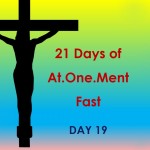
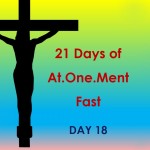

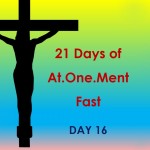
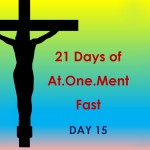
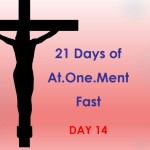
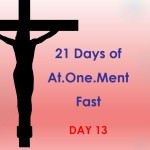
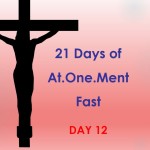
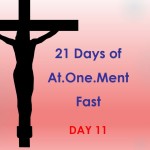
Follow Us